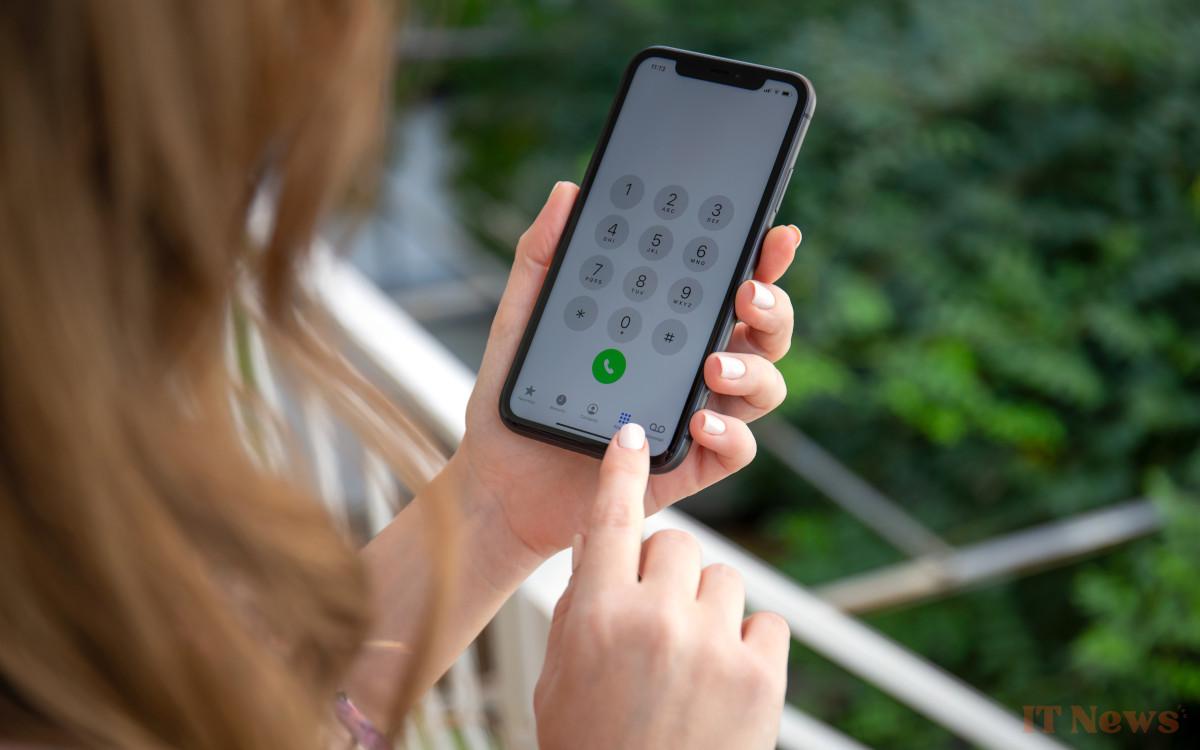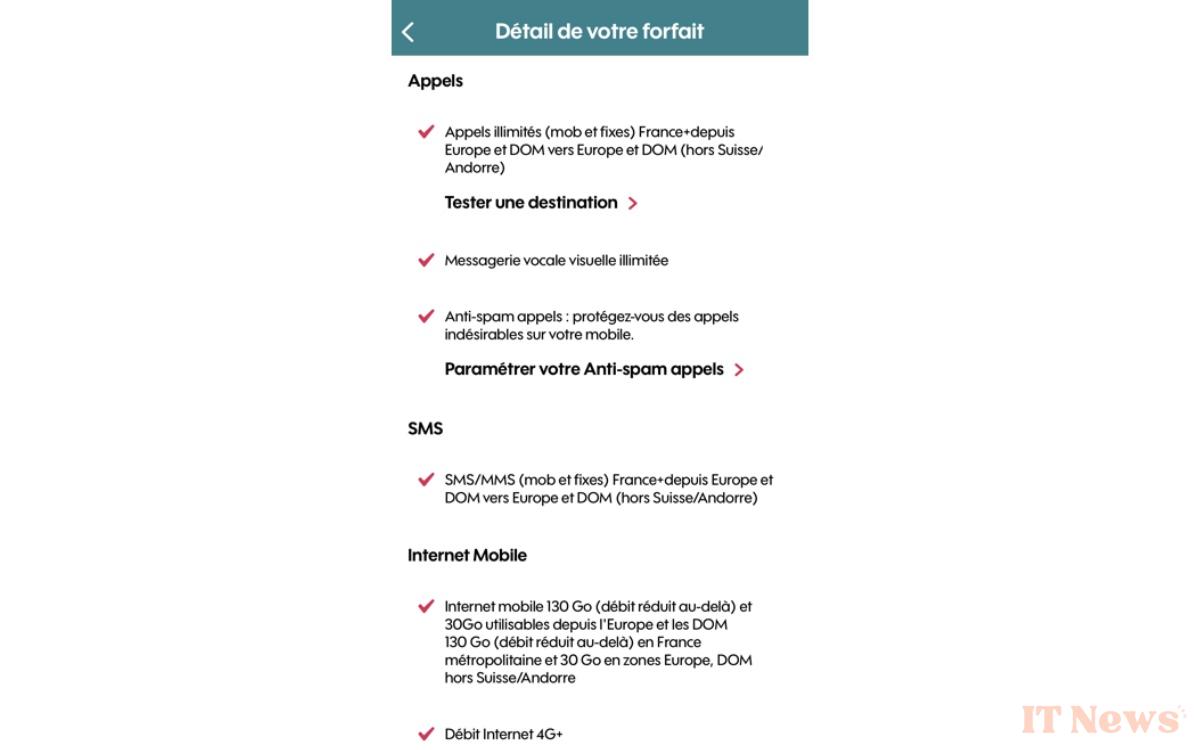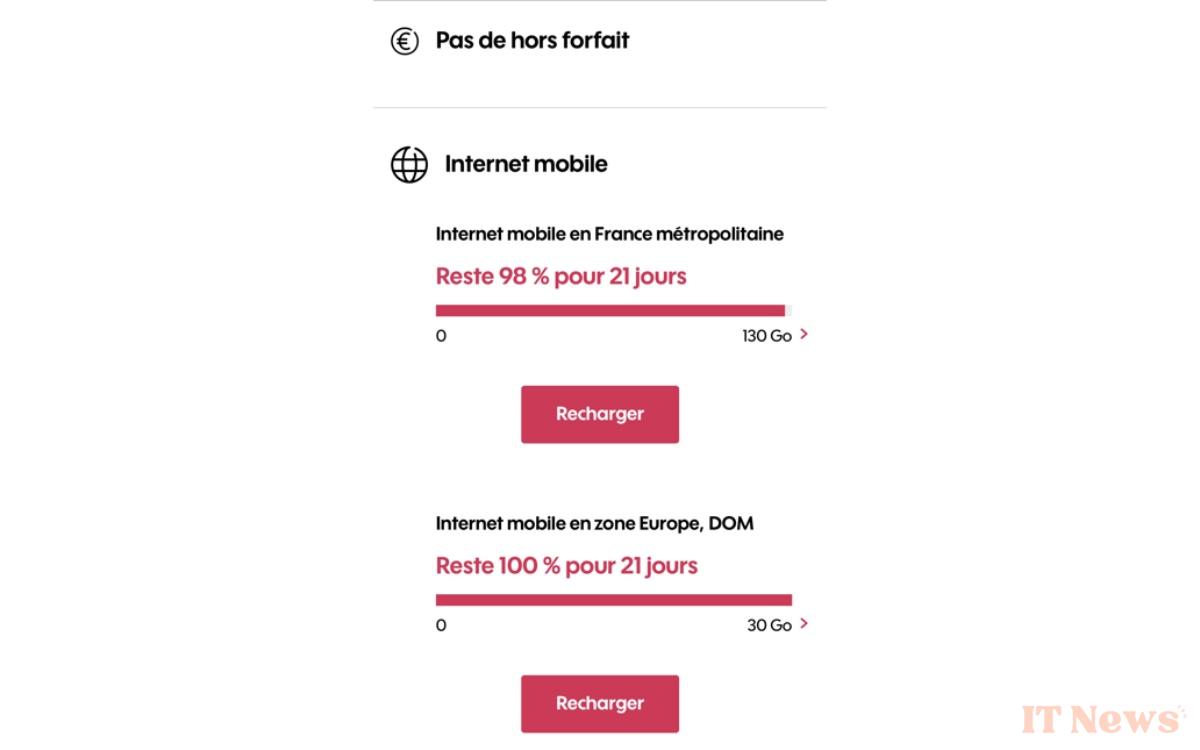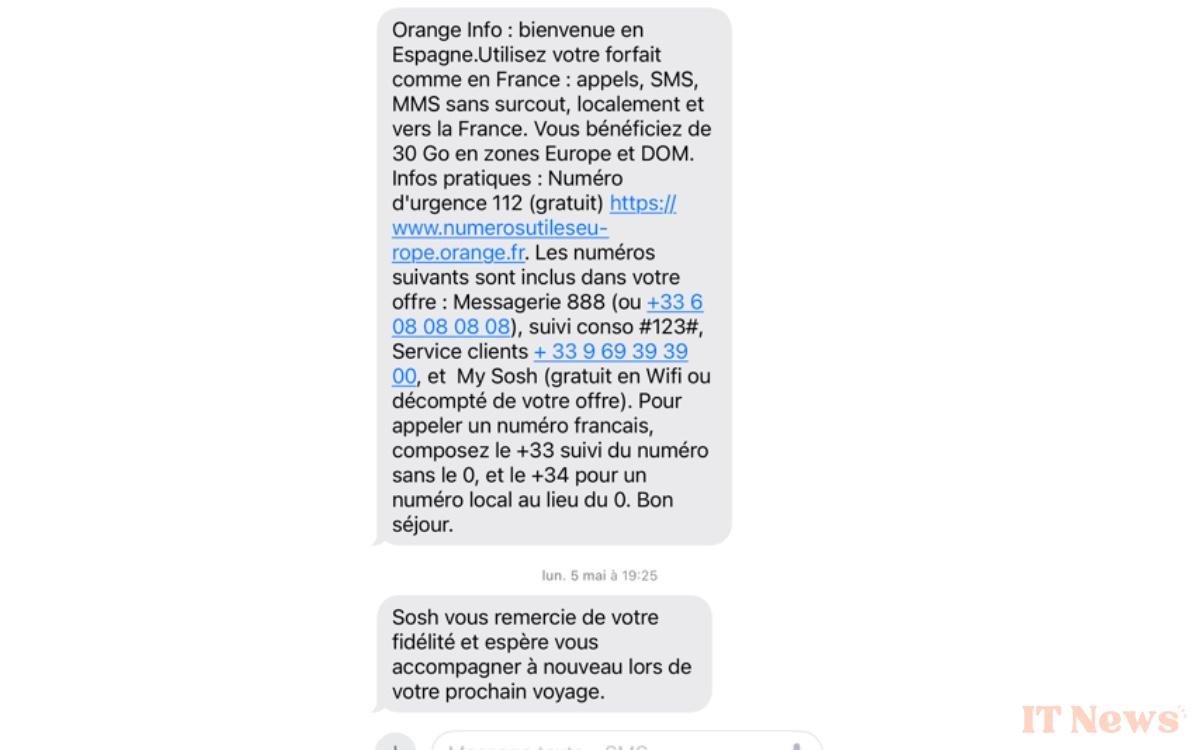You've returned from your trip abroad feeling rested and relaxed... until you discover your phone bill, and it's saltier than the sea you swam in. The solution to avoid this catastrophic scenario? Roaming.
Roaming is a feature that allows you to use all the functions of your plan, including abroad, even if your operator's network is not available: calls, internet, SMS/MMS, etc.
While roaming sometimes gets a bad rap, it can become your ally during your next trips abroad. We'll explain how.
Also read: Have you noticed this change in Google Maps on Android and iPhone?
Check with your operator
This is the first step. You can check:
- If you benefit from roaming with your plan,
- Which destinations are included,
- If data roaming is included and if it is limited in volume or speed, according to your operator's roaming "reasonable use policy",
- And choose between two options if you use up all your data: top it up with a paid option or use data roaming outside your plan (often less advantageous).
Monitor your consumption
Your operator probably offers you to track your consumption in real time via its mobile app or by SMS. If they are offered, activate consumption alerts.
Travel in Europe "just like at home"
Since 2017, roaming charges have been abolished for European Union countries: it's "roam like at home". Result? You can benefit from your plan "just like at home", so at no extra cost, when you travel:
- In the 27 EU countries,
- And since 2022, in the countries of the European Economic Area (EEA): Norway, Liechtenstein and Iceland.
The quality of services must be equivalent to that of the services offered at national level, if possible; excessive delays in switching between networks are avoided.
In concrete terms, if you have subscribed to an unlimited plan in France, you will be able to make unlimited calls and send unlimited text messages. For data, it will depend on your offer.
For the United Kingdom, some operators have chosen to maintain the benefits of "roam like at home": contact yours.
You are traveling in the French Overseas Territories
While the Overseas Departments generally benefit from European roaming rules, roaming charges may be charged for French Polynesia and New Caledonia since they are not covered by this regulation. Once again, check.
You are traveling outside the EU and EEA
Outside the European roaming perimeter, roaming charges can vary depending on your plan and your destination. The cost of roaming, especially data roaming, can then be very high…
But don't panic! Operators now offer travel passes: benefit from a fixed-price call/text/data quota and say goodbye to terrifying surprise bills! Activate them before your departure or via your operator's app.
Security measures
At each border crossing, your operator must send you a "welcome SMS". It informs you:
- Detailed pricing,
- The possibility of additional charges,
- Its fair use policy,
- Free access to emergency services by dialing 112…
To avoid exorbitant bills, operators block your data consumption abroad above a threshold, unless you have agreed on another limit: the default is €50.
You can also, at any time and free of charge, opt out of connecting to non-terrestrial networks. The goal? Avoid involuntary connection to these networks that are not subject to a cap, and therefore going over your plan that you would rather do without.
Best practices to avoid additional costs
- Before crossing the border, disable mobile data in your phone's settings to avoid automatic connections (weather, emails, social networks, etc.), which consume data without you realizing it. If necessary, activate airplane mode to block all connections.
- Disable background refresh for data-intensive applications (emails, social networks, etc.).
- Use Wi-Fi whenever possible, even in airplane mode: in hotels, cafes, etc. You can check your emails and call via Messenger, WhatsApp, or Discord without using your data plan. Warning: do not use unsecured public Wi-Fi for banking transactions or transactions that use sensitive data.
- Be careful with updates: configure your phone so that your applications are only updated over Wi-Fi.
- Think offline: from home, download maps of your destination, your music, films and series on your streaming applications (online streaming uses a lot of data)…
The eSIM: a practical alternative
The eSIM is a simple, economical and practical solution. As with roaming, and unlike a local SIM card, you keep your usual number, without having to change your physical SIM card – and risk losing it.
Its advantages:
- Simple and practical: in just a few clicks, online before leaving, at the airport or upon arrival, you buy a dematerialized data plan from a provider and receive a QR code or information to enter manually in your phone's settings.
- Economical: it can be cheaper than your operator's roaming rates.
- Flexible: you choose a plan adapted to your needs (duration, data volume) and your destination.
By checking with your operator before leaving and adopting best practices, you will enjoy your trip without blowing your plan. Happy holidays!







0 Comments